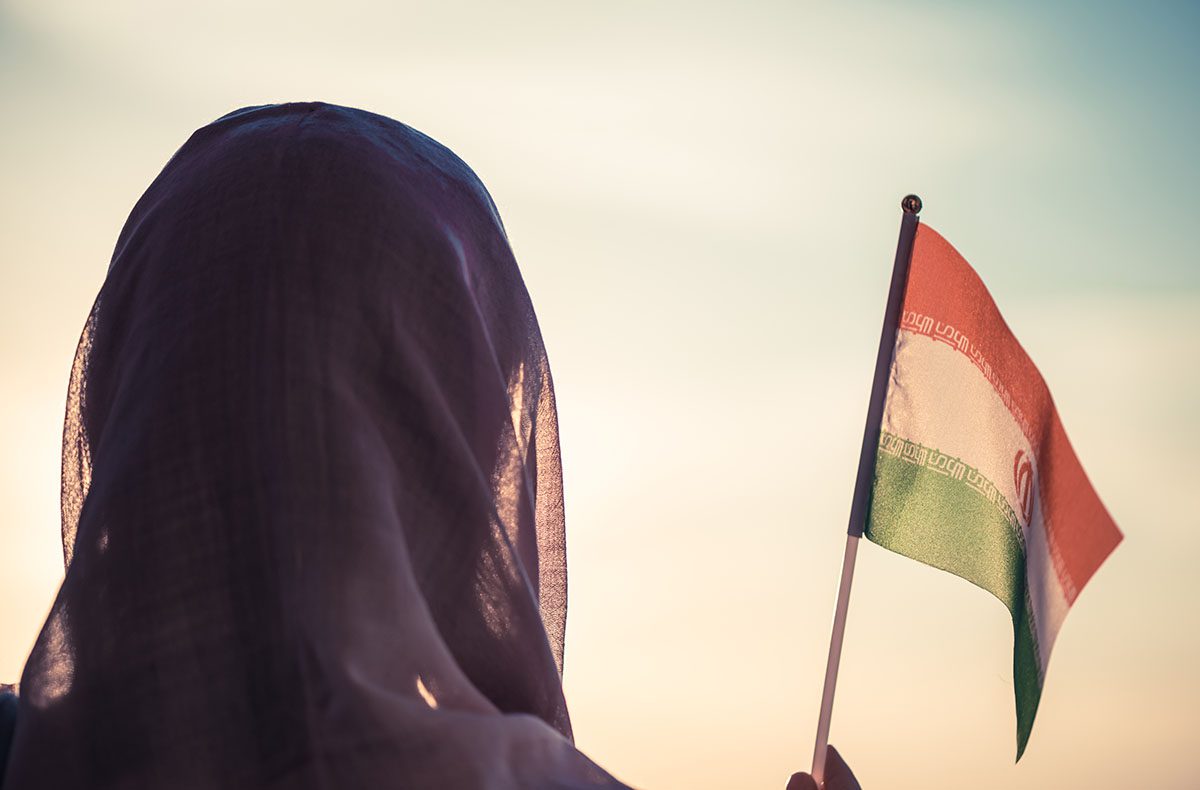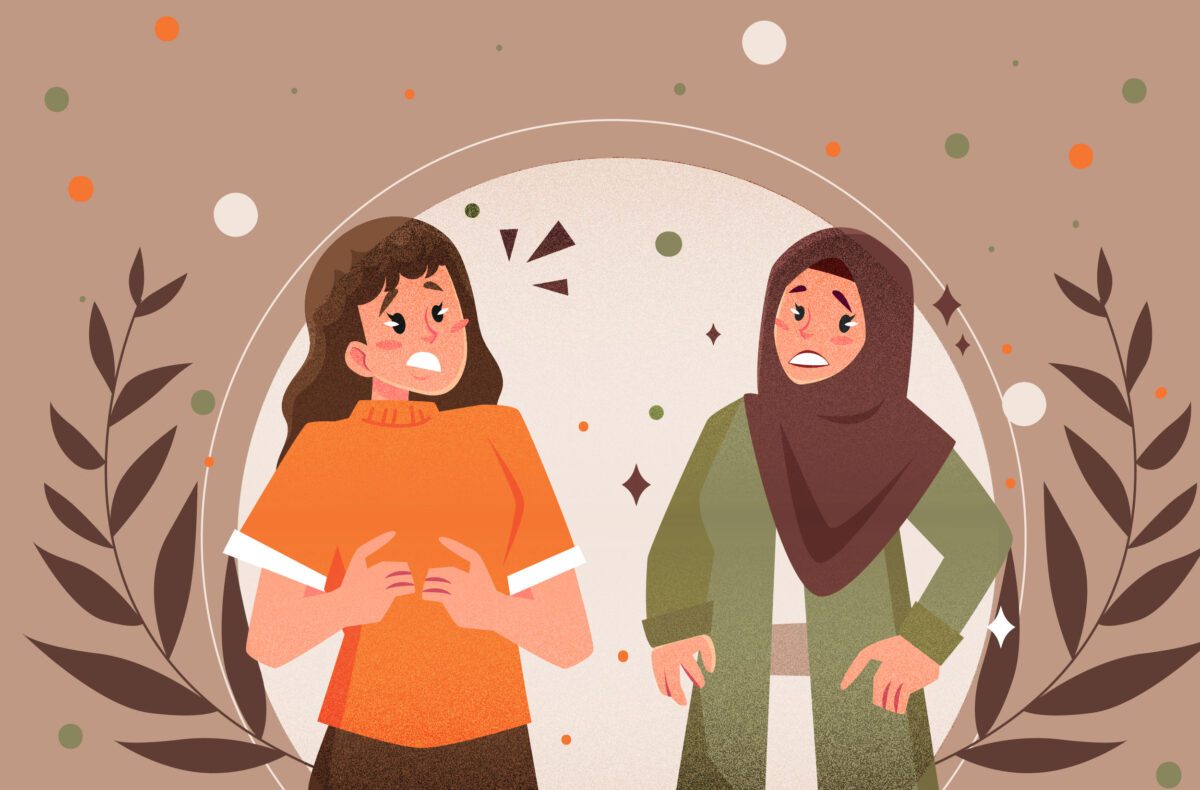
Two young women pass the subway barrier. The guard tells them to put their hijabs (veils) on correctly. A new law has been introduced in Iran, which says that anyone who violates the hijab law should not be allowed to enter the subway. But once inside, the women take off their hijabs and tell the guard to go to hell.
Another woman drives past Azadi Square in Tehran on her motorcycle. Her hair flutters in the wind. Another woman walks without a hijab in the city of Shiraz, like the most natural thing in the world. A male voice says, ”just so you know, we won’t back off. Woman, life, freedom.”
We don’t see burning tires and large demonstrations as often as last fall, but Iran’s young women and men have not stopped protesting against religious oppression and the mandatory veil—the compulsory hijab. Each day I get to see new video clips that show this kind of everyday resistance. The countermeasures of the authorities are surveillance cameras in public places, but it does not seem to help. People write calls to resistance on banknotes. Young men realize that if women aren’t free, then no one will be. Men have started wearing shorts in public places, something that is also prohibited.
I called a relative in Iran just to check what was really going on.
Is it true that so many young women walk around in public places without a hijab? I see so many video clips of young women defying the hijab law.
Relative: Yes, it has changed a lot. Almost every single young woman you see in the streets, even in our small town, is without a hijab.
Aren’t they afraid?
Relative: The women of this generation are different from all others. They have had enough and are very fearless. They are furious. The women of Iran have realized that it is their responsibility to change this country. This hatred against us has been going on for 43 years now. Can you understand that?
I try to understand. I don’t remember a time before the Islamic Revolution in 1979 when women were free. But I remember my days as a little schoolgirl in Iran when I had to cover myself. I knew nothing except that girls and women had to wear the veil when they left home. But why? What could a piece of hair do to men? I was told that it could get them excited. It could tempt them to think forbidden thoughts and they could lose their control. The women were responsible for how men behaved. If a man raped a woman because she did not wear her hijab properly, it was the woman’s fault for being raped. If a woman showed her hair while walking down a street, then a man behind the wheel of a car could drive straight into someone because he had lost his control. But how could men in other countries where women walked the streets without a hijab drive?
And why did my mother do her hair so neatly every single morning if she wasn’t allowed to show her hair anywhere, I thought. I told her that her hair would be flat under the veil. I recall she gave me an annoyed look. Many years later, I understood that it was my mother’s way of protesting. She would keep on fixing her hair even though the Islamists had introduced laws that would downgrade and degrade women.
As soon as we stepped outside the home, I felt the threat and hatred towards us girls and women. The civilian militia of the Revolutionary Guard was everywhere in the streets. They all had beards and their shirts were hanging over their pants. I always looked them in the eyes because I wanted to see who they were and how they looked at me. They had hostility in their eyes and they checked you from the bottom up. No toes were to be seen. We were forced to wear dark tights in the heat and were covered right down to our wrists. What could a little girl’s wrists wake up in those men? Lust in adult bearded men.
“That was one of the things they do. They force you to kill, within yourself,” testified Offred of her oppressors in chapter 30 of Margaret Atwood’s novel The Handmaid’s Tale, about life in the fictional, Christian fundamentalist Republic of Gilead. We were terrified of them and the black-clad chador women acting as morality police. Today, I see video clips from the streets and squares of Iran, where women without hijabs argue and debate with the morality police. Inside Iranian women, everything has started to live again. Every little bit of these women is alive and fighting right now.

